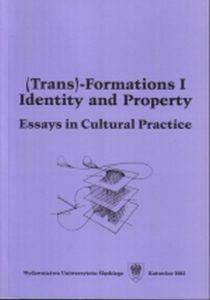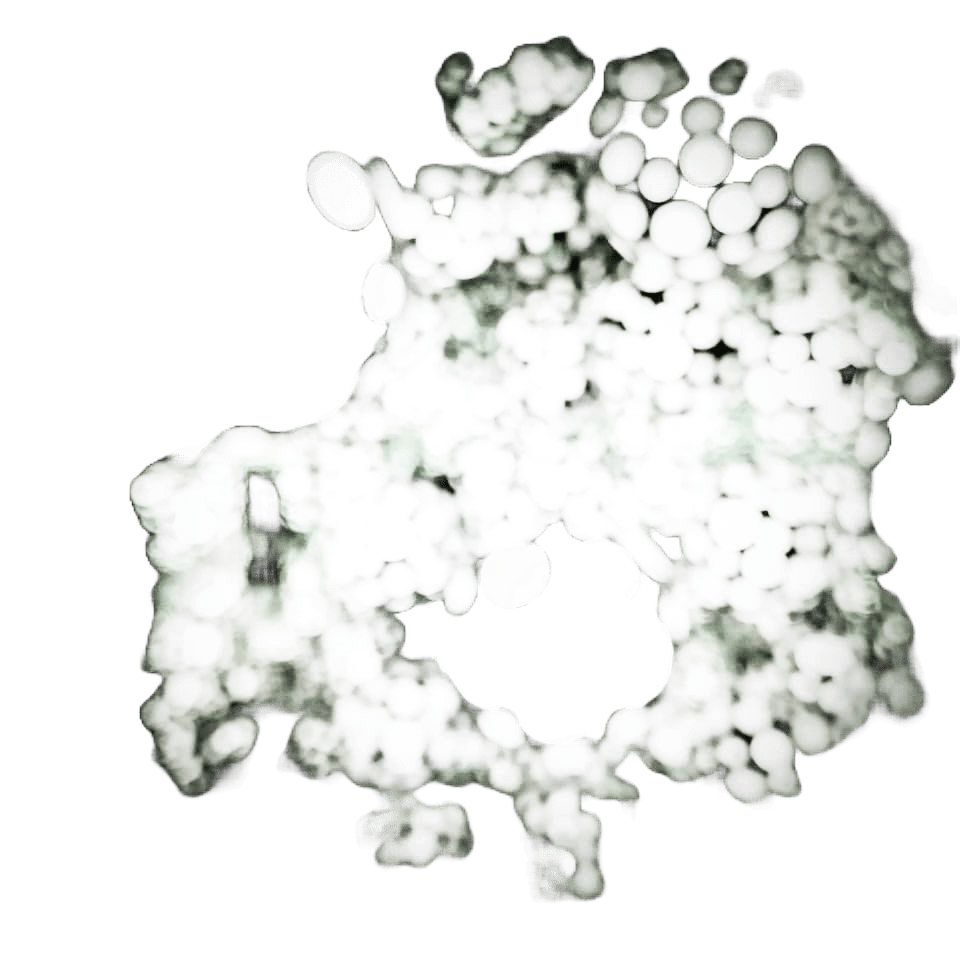2002
 This paper addresses the infatuation of contemporary culture with zombies/the living dead and the resulting from it glorification of inertia. Zombies, as presented in the article, are understood in terms of paradoxical entities defined primarily through their lack of identity and as such acquiring new properties and becoming a new identity instantly recognisable to anyone but themselves. The paper divides zombies into four categories: (1) random zombies – driven by their survival instinct and characterised by constant hunger, (2) slave zombies – direct descendants of the voodoo tradition, created solely for the purpose of ensuring the material profit or sexual gratification of their masters, (3) evil zombies – malevolent creatures of limited intelligence driven by the desire to do evil rather than just by pure animal instinct, and (4) conscious zombies – fully aware and intelligent creatures whose properties make them superior to ordinary human beings. Observing the constant growth of the desirability of the zombie category the paper links it to the popular perception of man becoming dependent on the artificially created environment, and a common belief in the possibility of breaking the bondage of social and economic conventions and achieving the sense of liberation only through the complete and unconditional submission to the external reality and the forces governing it.
This paper addresses the infatuation of contemporary culture with zombies/the living dead and the resulting from it glorification of inertia. Zombies, as presented in the article, are understood in terms of paradoxical entities defined primarily through their lack of identity and as such acquiring new properties and becoming a new identity instantly recognisable to anyone but themselves. The paper divides zombies into four categories: (1) random zombies – driven by their survival instinct and characterised by constant hunger, (2) slave zombies – direct descendants of the voodoo tradition, created solely for the purpose of ensuring the material profit or sexual gratification of their masters, (3) evil zombies – malevolent creatures of limited intelligence driven by the desire to do evil rather than just by pure animal instinct, and (4) conscious zombies – fully aware and intelligent creatures whose properties make them superior to ordinary human beings. Observing the constant growth of the desirability of the zombie category the paper links it to the popular perception of man becoming dependent on the artificially created environment, and a common belief in the possibility of breaking the bondage of social and economic conventions and achieving the sense of liberation only through the complete and unconditional submission to the external reality and the forces governing it.
